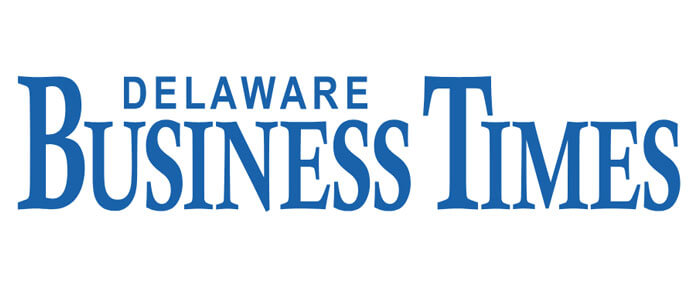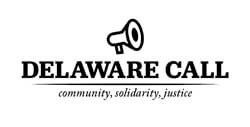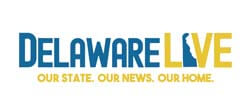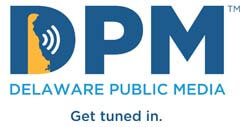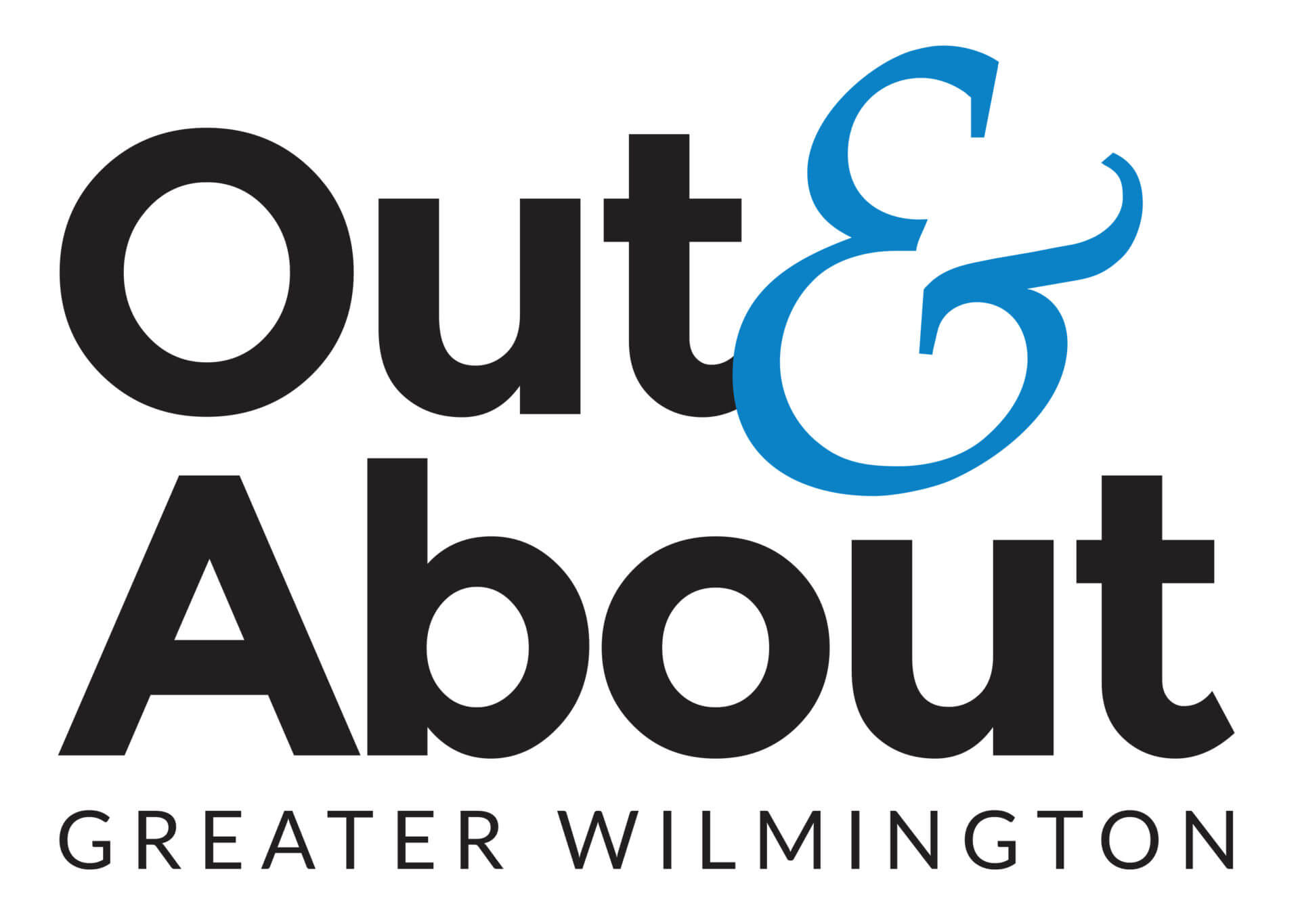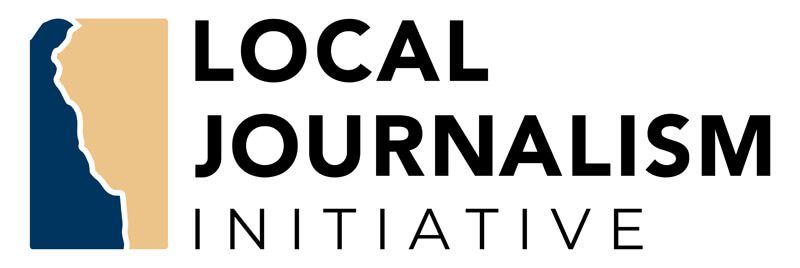Story by Karl Baker via Spotlight Delaware
Why Should Delaware Care?
Delaware’s governor manages state agencies, has the power to veto proposed laws, and sets the tone for how state government spends money each year. The histories of Delaware’s Democratic gubernatorial candidates can highlight for voters their personal interests while also showing how those interests might collide with public policy. This is Part 2 of a four-part series.
Correction: A previous version of this story incorrectly stated that for most of the past decade O’Mara lived outside of Delaware. His campaign states that he split his time between residences in Delaware and the D.C area before purchasing his latest home in Bear in 2022.
And, he was the last Democrat last fall to announce his candidacy for governor.
Those factors contribute to O’Mara’s biggest challenge in the race for governor: name recognition.
He is running against Lt. Gov. Bethany Hall-Long, who first made a name for herself with a long career in the state legislature, and New Castle County Executive Matt Meyer, who made a name for himself in leading the state’s most populous county through the COVID pandemic.
Asked in April how he will effectively compete in the race with longtime Delawareans who each have significant public presences, O’Mara said he’s been meeting with advocacy groups across the state in an attempt to build a coalition around his left-of-center policies.
O’Mara also argues that his competitors haven’t yet excited the electorate, despite their years of visibility.
“There’s an opportunity for somebody who is outside the system to fill the vacuum,” he said, arguing he can gain traction with what he called a “much more detailed” policy stance.
By the end of the month, early results on his candidacy were mixed.
On April 30, the progressive Delaware Working Families Party endorsed O’Mara for governor.

But, on the same day, O’Mara attended a rally in Wilmington where community activist Keandra McDole spoke about her campaign to push for more Black judges to serve on Delaware courts.
Standing tall behind her as she spoke were both O’Mara and Meyer – each seeking the elected position that would ultimately nominate the state’s next judges.
“We need a governor in a position that we can work with,” McDole said during the rally. “And, that’s Matt Meyer.”
Beyond a polite clap, O’Mara didn’t visibly react to the endorsement. Still, the episode highlighted the challenges facing his candidacy.
O’Mara – who served as secretary of the Delaware Department of Natural Resources and Environmental Control from 2009 to 2014 – said he anticipated such challenges when he announced his run for governor in December.
It was part of the reason why he lent the campaign $750,000.
It was a massive amount for politics in little Delaware where candidates often see bigger returns from attending community gatherings than from broadcasting ads on network television.
“We wanted to signal that we’d be competitive from the beginning as a way also to instill confidence,” he said about his loan to his campaign.
Asked how he funded the loan, O’Mara pointed to his career over the past decade outside of Delaware.
“I’ve been paid very well by the National Wildlife Federation for going on 10 years now,” he said.
The organization’s public tax filings show his total annual compensation there has hovered around $400,000 in recent years.
O’Mara also said his wife, Krish O’Mara Vignarajah, earns an even higher salary in her position as head of the immigration services nonprofit, Global Refuge. In 2022, the Baltimore-based organization reported her total compensation at over $500,000.
Like her husband, Vignarajah has had political aspirations. In 2018 she ran a campaign to become Maryland’s next governor. Her loss in the primary was an outcome that the local news publication, Maryland Matters, attributed to her campaign going “underfunded.”
While O’Mara and his wife still own a house in Maryland’s Washington, D.C., suburbs, he said they moved their primary residence to Bear after buying a home there in September 2022.
“The kids are in school here,” he said, referencing his two older of his three daughters.

A conservation advocate
In 2014, O’Mara became president and CEO of the National Wildlife Federation – a national nonprofit founded in 1936 that advocates for the protection of game, wildlife and public lands – after serving as Delaware’s chief environmental regulator during the previous five years under then-Gov. Jack Markell.
As the organization’s head, O’Mara traveled the country to highlight the policies it sought to promote, testified before Congressional committees, worked on proposals with federal officials and helped to raise additional funding.
Since taking the helm, O’Mara has overseen a growing annual budget that has topped $100 million in recent years. Beyond staff salaries, that money has gone largely to programs for conservation advocacy and education efforts like the children’s magazine “Ranger Rick.”
Past news stories from across the country have featured that advocacy around efforts of butterfly conservation, and wetland protection. Congressional records also show that the National Wildlife Federation spends tens of thousands annually to lobby federal lawmakers. Finally, the organization contributes to a slew of smaller local nonprofits and even to governmental authorities.
Under O’Mara’s direction in 2022, the NWF gave more than $2 million to a quasi-governmental entity that manages parks in the Los Angeles area. That same year, it gave about $100,000 to the Delaware Nature Society, as well as smaller contributions to several other environmental nonprofits in the mid-Atlantic.
The National Wildlife Federation also has had several subsidiaries, some with millions more in their annual budgets. And, at least one of them also paid O’Mara a separate salary.
In 2021, the organization’s political arm, the NWF Action Fund, reported compensation to O’Mara at $26,000, according to the organization’s most recent tax filing.
Unconventional politics
The NWF Action Fund has made campaign contributions and endorsements that may surprise those who see it as a group aligned only with politically liberal causes.
Highlighting that was its spending during the last election cycle, which had been funded by Sam Bankman-Fried – the now-disgraced former head of the crypto currency trading platform FTX.
In April 2022, Bankman-Fried gave the NWF Action Fund $810,000, according to federal election records. The donation was one of a spree of political contributions that he was directing then to politicians and organizations across the political spectrum.
The $810,000 also accounted for more than 97% of the NWF Action Fund’s contributions that year, according to the group’s federal election filings.
On the day it received Bankman-Fried’s money, the NWF Action Fund filed a federal report stating that it would spend about $91,742 for political mailers to be sent out to support the re-election of Arkansas Sen. John Boozman, a Republican.
About a week later, Politico reported that the NWF Action Fund withdrew a spending pledge for Oregon Congressional candidate, Carrick Flynn, a Democrat who had separately benefitted from millions of dollars of Bankfried-Fried’s political advocacy.
The NWF Action Fund later announced it would contribute another $30,000 to Boozman’s campaign efforts. Later still, it pledged $50,000 to support the re-election of North Dakota Republican Sen. John Hoeven.
Finally, in 2022, the NWF Action Fund endorsed a slate of candidates for Congress, including Sen. Katie Britt (R-Alabama), Sen. Catherine Cortez-Masto (D-Nevada), and Sen. John Thune (R-South Dakota).
Each endorsement statement included quotes of support directly from O’Mara.
“The people of South Dakota are fortunate to have a leader like Senator Thune in the U.S. Senate — and the National Wildlife Federation Action Fund is proud to endorse him for re-election,” O’Mara said in the group’s endorsement of Thune.
When asked to comment on the contributions and endorsements, O’Mara said he’s “legally walled off from anything with the NWF Action Fund,” due to his current political campaign for Delaware governor.
A spokesman for the NWF Action Fund said the 2022 contribution by Bankman-Fried supported efforts to build the fund’s “political program, including the support of our endorsed candidates from both parties.”
“The National Wildlife Federation Action Fund supports candidates from both parties aligned with our work and values,” said the spokesman, Mike Saccone, in an email.
Beyond political advocacy, the National Wildlife Federation also has a for-profit subsidiary called Garden for Wildlife that sells native plants online. A week ago, the company completed a “crowdfunding” stock offering, in which it says it raised more than $5.2 million.
O’Mara said he has made no income and has no personal ownership in the company.
A region’s bet on hydrogen
O’Mara also said he makes no income for his role as chairman of an entity that seeks to carry out on a regional level Biden’s biggest energy initiative to date.
The Mid-Atlantic Clean Hydrogen Hub – or MACH2 – is a consortium of influential companies in the region, including DuPont, Bloom Energy, Croda, the Delaware City Refinery, and PSEG, the owner of the Salem nuclear power plant.
The consortium formed early last year to bid on a portion of the billions of dollars that Congress allocated within the 2022 Inflation Reduction Act to incentivize investments in hydrogen fuel production.
Last fall, the White House organized an event at the Port of Philadelphia where Biden announced that MACH2 and other seven regional organizations would receive hydrogen money. MACH2’s portion was $750 million.
Also speaking at the Philadelphia event was O’Mara. Though he had not yet announced his gubernatorial run, his speech there resembled the pomp and circumstance of a campaign launch for him.
“The union-made hydrogen revolution starts right here, right now,” O’Mara said, while surrounded by political signs and shipping containers that read Bidenomics.
Asked if he was the president’s chosen candidate for Delaware governor, O’Mara said, “I think the president has a strong relationship with all the candidates in the field.”
MACH2’s exact plans have not been publicly released, but its promotional material states that the consortium of companies will partner to use electricity produced by offshore wind, solar, and nuclear to power that complicated chemical process of producing hydrogen.
That formula has drawn criticism from some environmentalists who argue that it is an inefficient use of green energy. O’Mara contends that a small portion of renewable energy should be reserved to produce hydrogen for heavy industries that rely on liquid fuels.
The pushback amounts to the second major alternative energy venture in Delaware that has sparked critiques from environmentalists.
And, O’Mara has played a key role in each.
Fourteen years ago, while serving as DNREC’s secretary under Markell, O’Mara helped to bring the fuel cell manufacturer Bloom Energy to Delaware, which had suffered from the recent loss of thousands of manufacturing jobs.

Though the plans had echoes of MACH2s proposal, the economic development deal that ultimately brought the company to the state became among the most controversial in Delaware history.
Many have since argued that it was too expensive.
Environmentalists criticized the deal for classifying Bloom Energy’s fuel cell generators as renewable energy, even though they run on natural gas.
Today, Bloom Energy says it could power its generators on hydrogen fuel.
For his part, O’Mara notes that Bloom Energy employed 800 people in Delaware last year. He also stressed that he has never personally made money from Bloom Energy.
“There’s nothing. There’s no financial ties at all,” he said.
——————————————————————————————————————-
This is Part 2 of a four-part series examining the careers and campaigns of the Democratic candidates for governor in the 2024 election.
In Part 1, Spotlight Delaware reported that much of the money flowing into the race to be the Democratic nominee for Delaware governor has come from the candidates themselves.
Parts 3 and 4 about New Castle County Executive Matt Meyer and Lt. Gov. Bethany Hall Long will be released over the next week.



